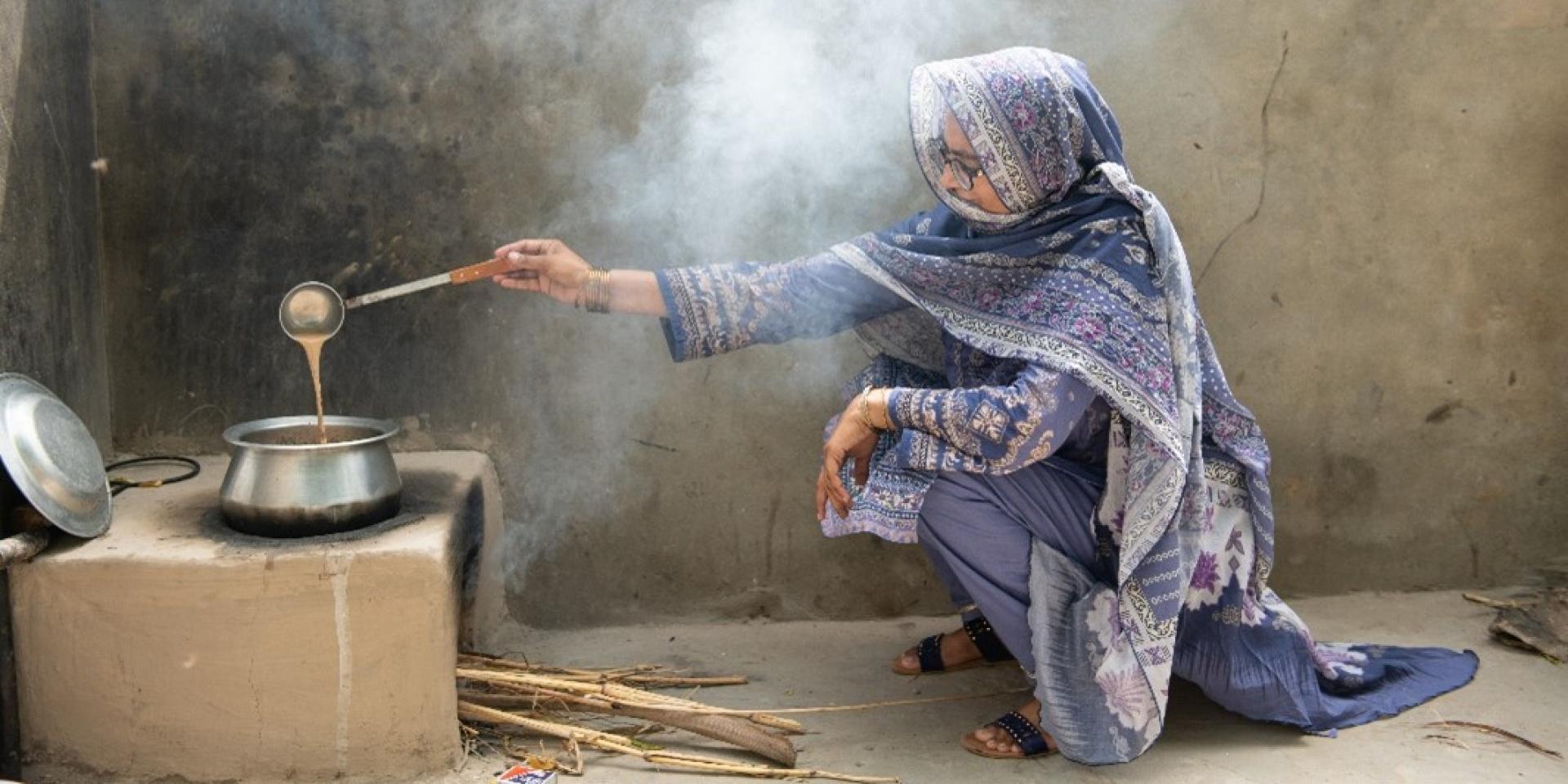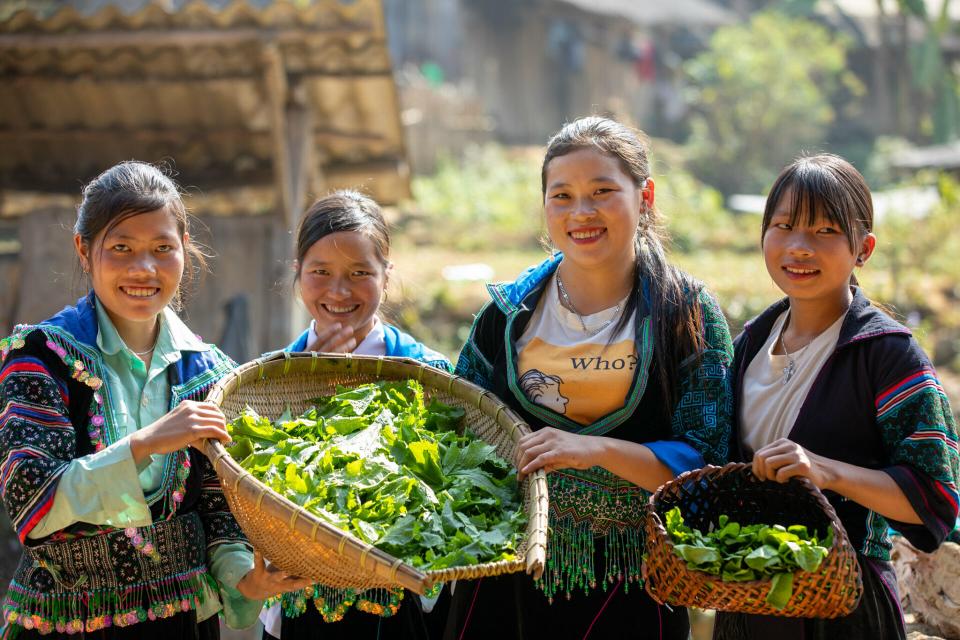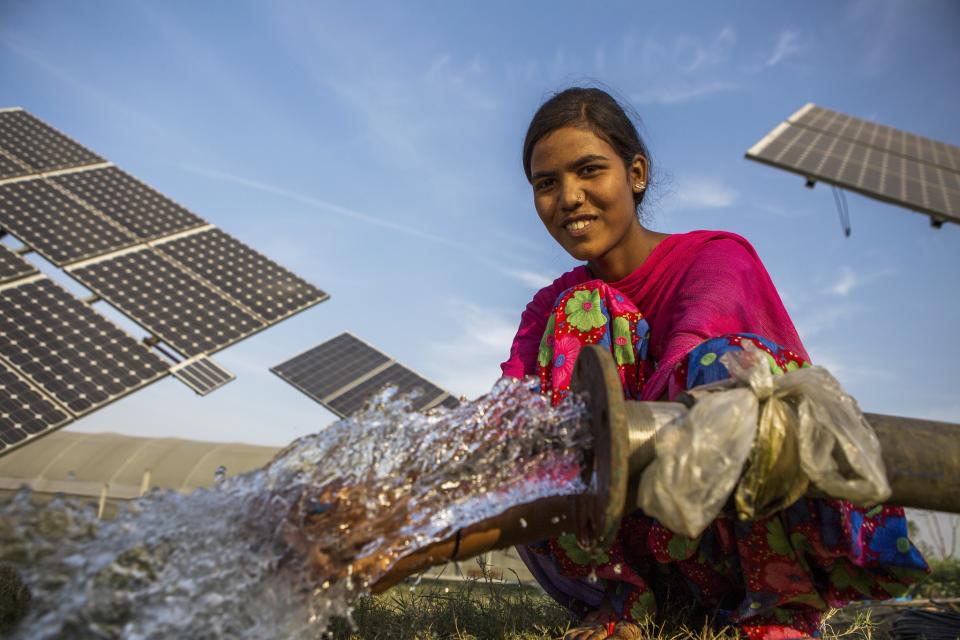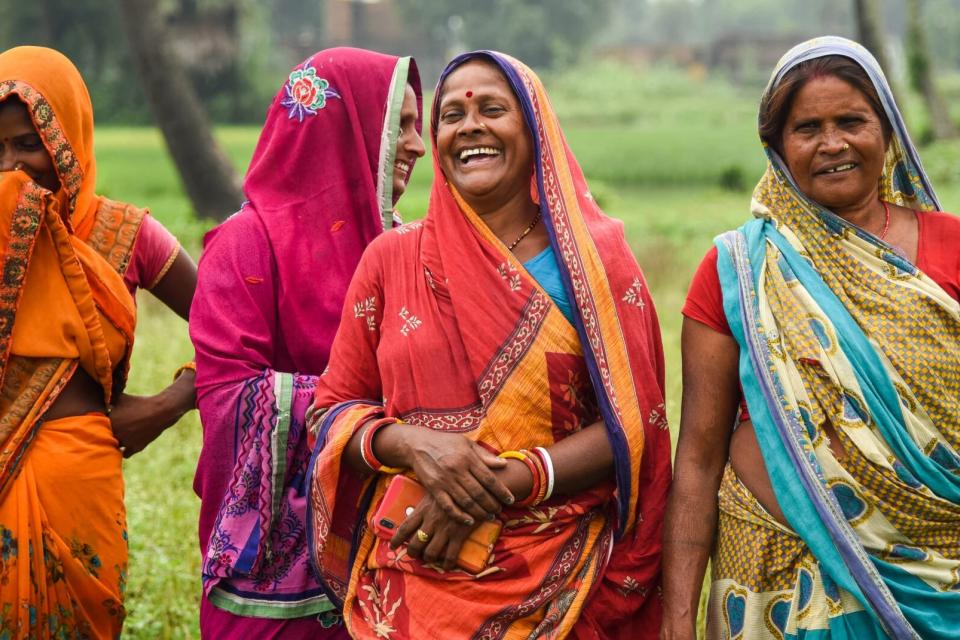Where energy poverty limits not only lights but lives: Discussions in rural Pakistan on the importance of clean energy to women
 Photo: IWMI Pakistan
Photo: IWMI Pakistan
On 15 October, the International Day of Rural Women recognizes the essential roles that women play in agriculture, water and food security, and development. These roles are all-pervasive in rural Pakistan – but so is energy poverty, which disproportionately affects women’s health, livelihoods, and domestic roles. Under the CGIAR Initiative on NEXUS Gains, the International Water Management Institute (IWMI) Pakistan conducted a qualitative study to dig deeper into experiences of energy poverty in rural southern Punjab. The study fills a crucial data gap on gendered energy deprivations in Pakistan, highlighting disparities in access and use and how these shape the lives of rural women and their families.
In agrarian Rahim Yar Khan district, the energy crisis is a daily struggle for Noreen (name changed). With natural gas supplies unavailable, liquefied petroleum gas (LPG) unaffordable, and electricity cut for days on end, she cooks dinner over firewood she has collected. She fans the flames and smoke fills the air, burning her eyes and aggravating her cough. Her four children eagerly wait for the meal, unable to play or complete their homework in the darkness.
Energy poverty has increased in Pakistan over the last two decades. Rising costs and intermittent supply challenge nearly all rural households, and particularly women in households, who manage most domestic work. Access to energy has far-reaching implications for women’s health, opportunities, and overall wellbeing. Yet Pakistan’s energy policies are completely gender unaware, overlooking the transformative potential of energy access in women’s empowerment.


